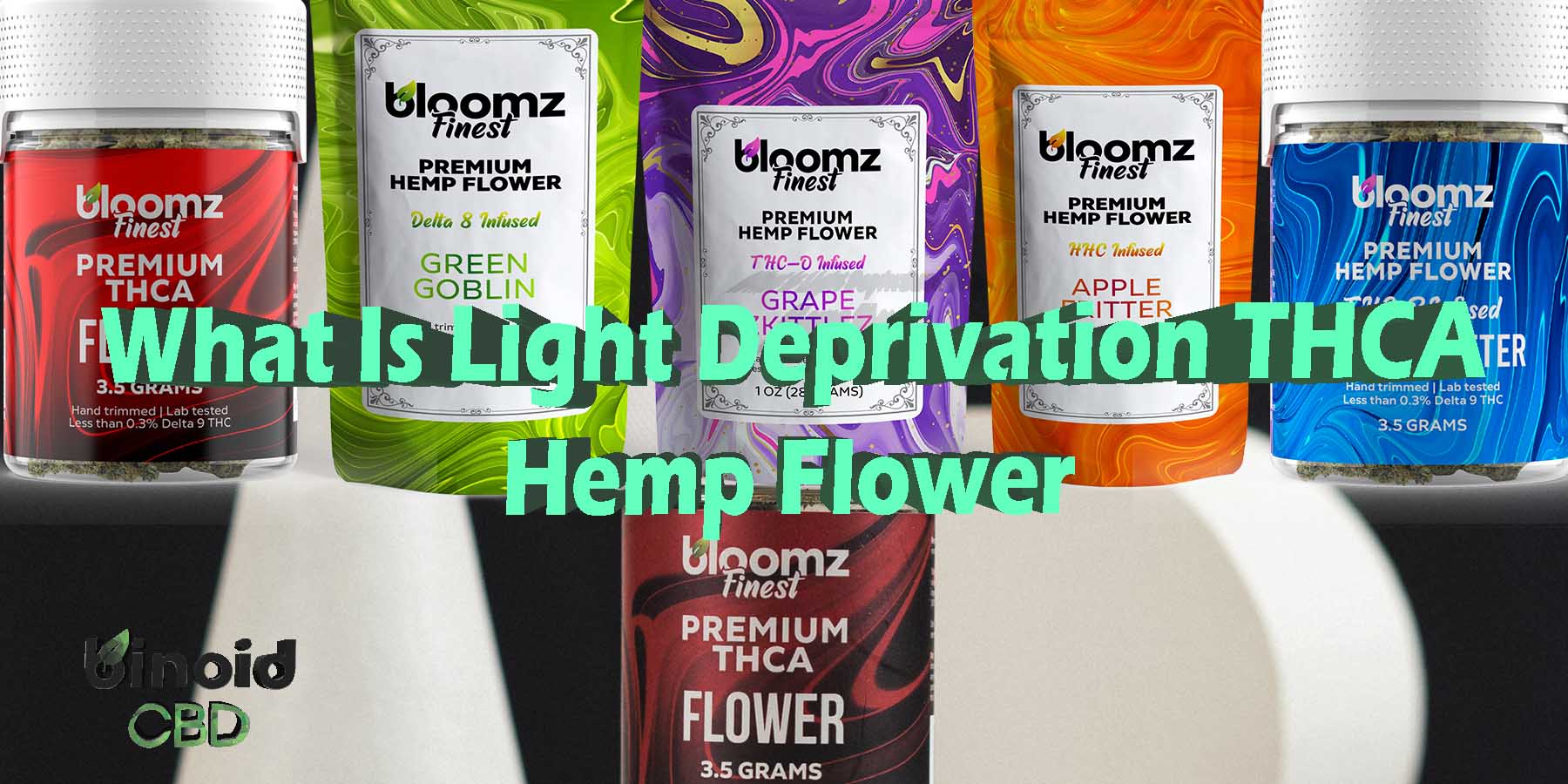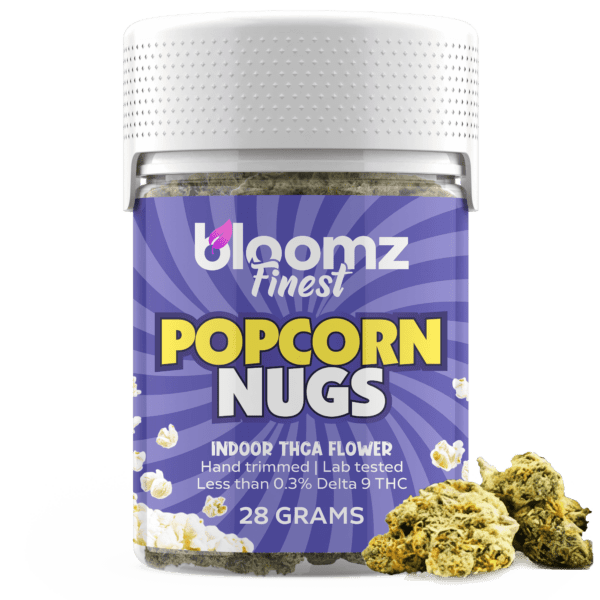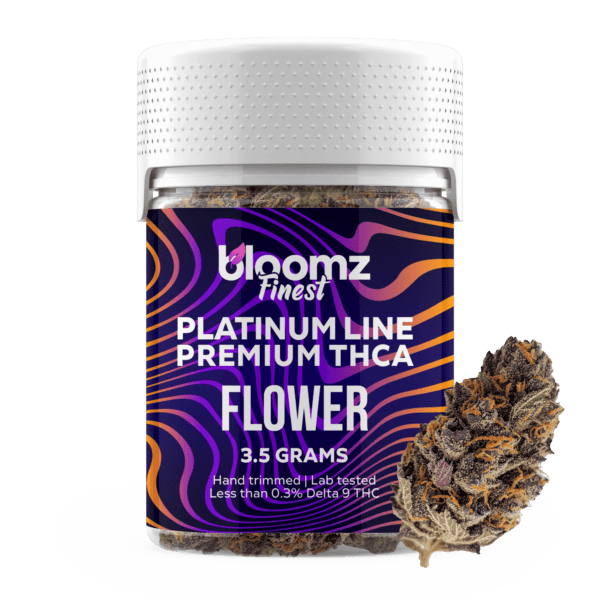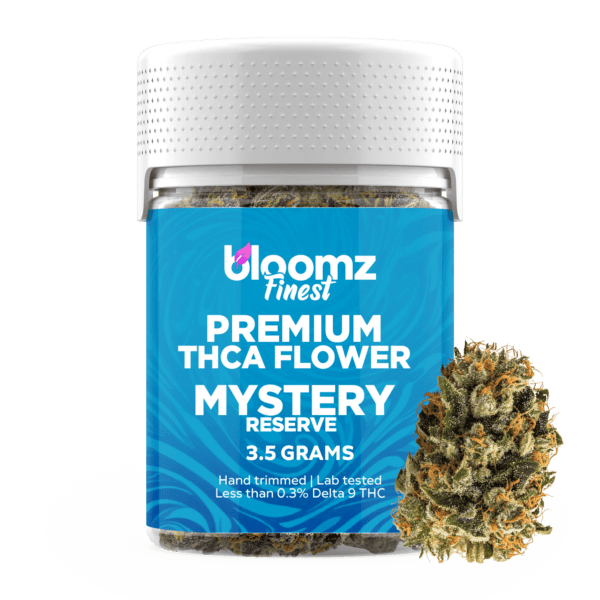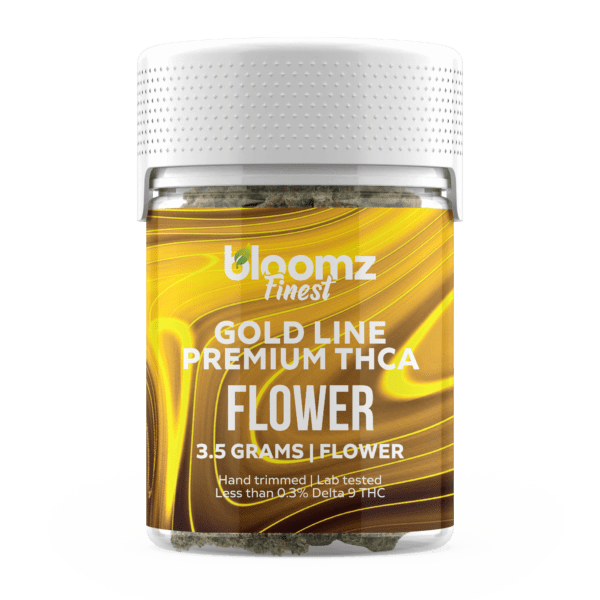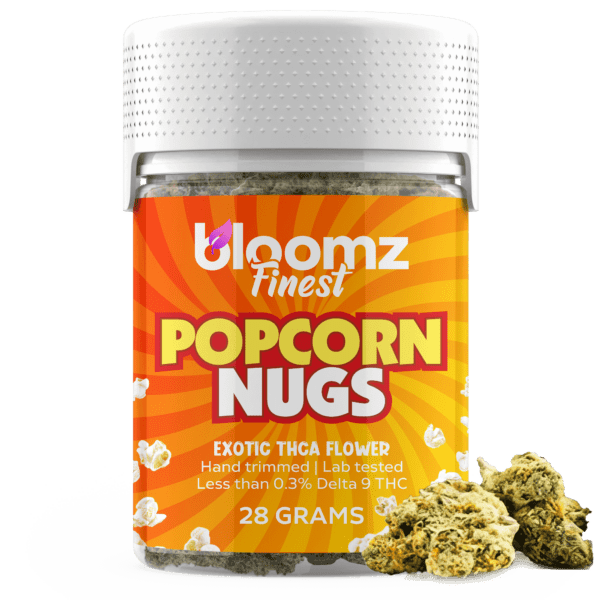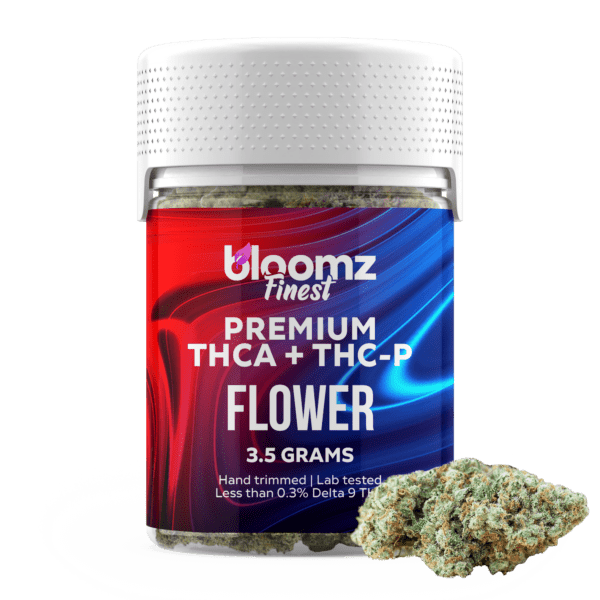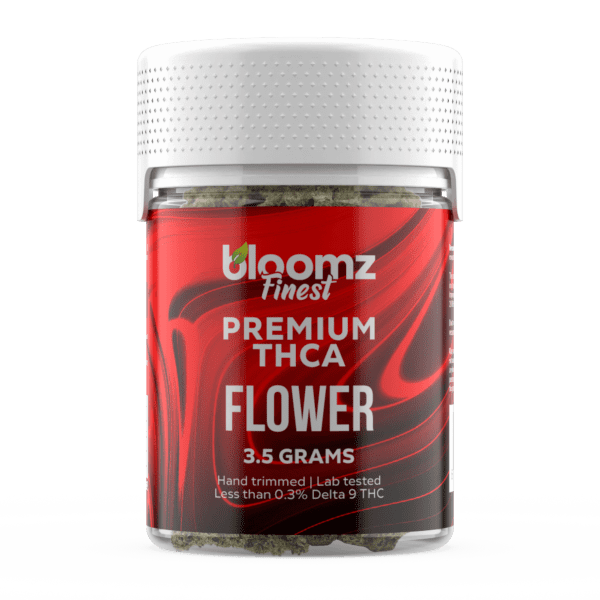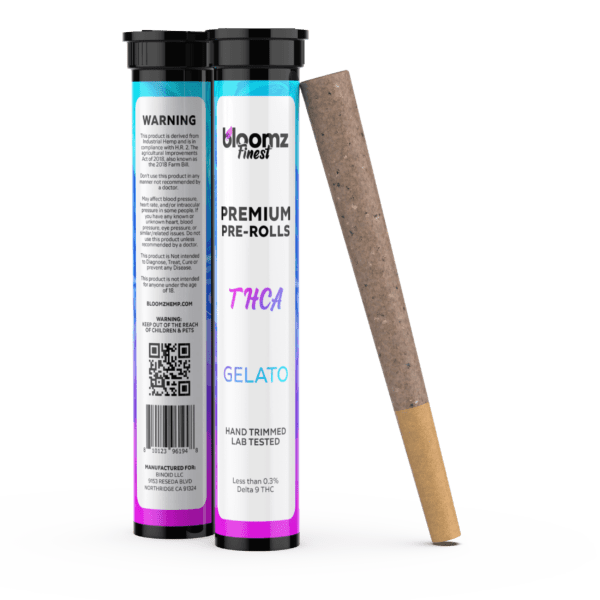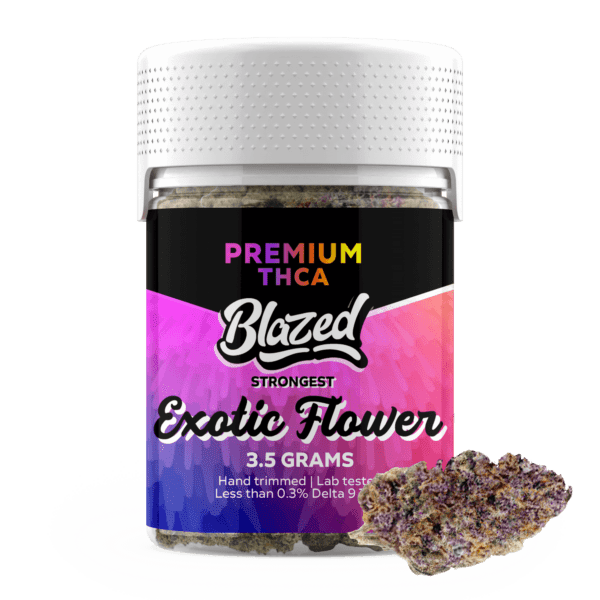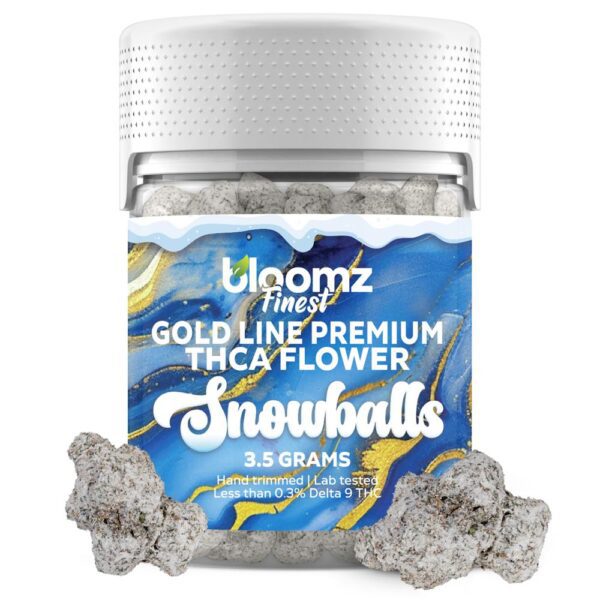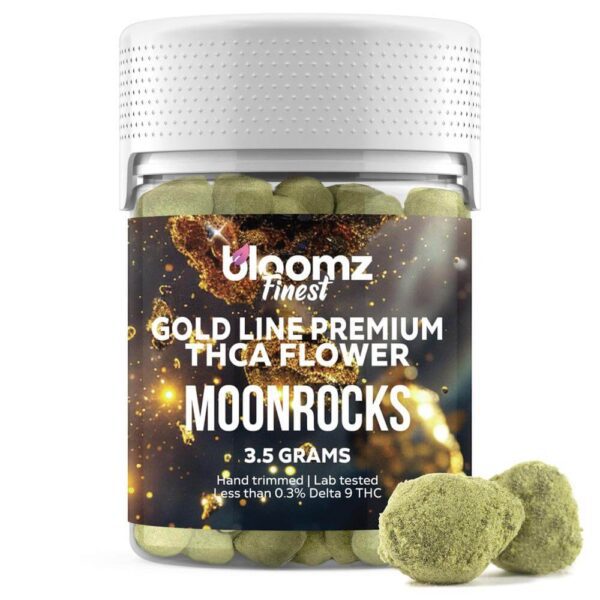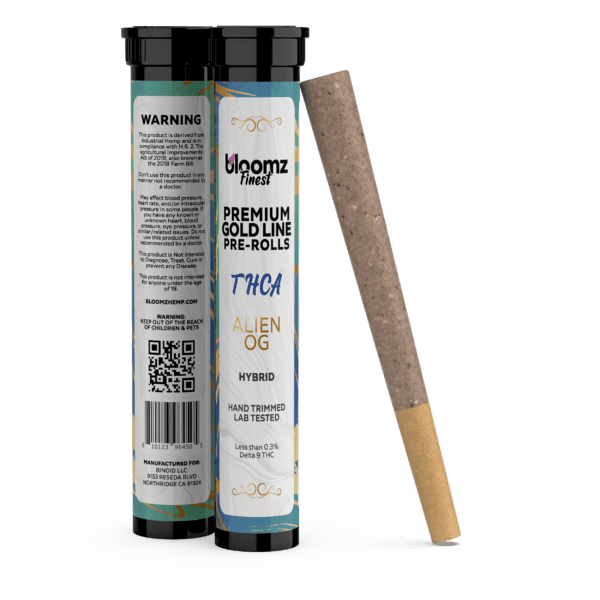THCA hemp flower is big business right now, and a lot of cultivators have invested at least a part of their operations in crafting high-THCA hemp flower, knowing that it’s both legal, and capable of giving consumers a product that comes very, very close to weed.
Lots of hemp consumers are under the impression that THCA flower is THCA flower – in other words, there’s little variation in quality, potency, flavor, and so on, between each company’s buds. But, ask any home cultivator, and they’ll tell you that subtle differences in growing conditions can vastly change how much any given bud is able to satisfy you. And, that brings us to today’s topic: light deprivation THCA flower. Light deprivation, aka “light dep”, is a growing technique that has a surprising influence over the end product.
To Buy THCA Hemp Flower Click Here
Recommended products
-
THCA Smalls
$149.99$256.99 -
THCA Flower – Platinum Line
$49.99$79.99 -
THCA Flower – Mystery Reserve
$41.99$79.99 -
THCA Flower – Exotics – Gold Line
$37.99$69.99
A Quick Overview on THCA Hemp Flower in General
“THCA hemp flower” refers to the raw cannabis buds that have not been decarboxylated. These buds will contain a high concentration of THCA and lower levels of THC. Basically, THCA (tetrahydrocannabinolic acid) is a non-psychoactive cannabinoid found in raw and live cannabis plants. As the cannabis plant matures, THCA slowly converts to THC, the main psychoactive compound responsible for the “high” associated with marijuana consumption. However, before the plant is exposed to heat (i.e., during smoking, vaping, or cooking/baking), much of its THC content exists in the form of THCA.
What is Light Deprivation, in the Context of Growing THCA Hemp Flower?
All plant life needs some basic needs met in order to grow and thrive, which are water, sunlight, oxygen, and nutrients. Naturally, sunlight is a very critical component to farming, but it’s also one of the most limiting, not to mention unpredictable.
Enter light deprivation, a technique that’s surprisingly easy to do, and can allow you to enjoy a more predictable harvest, regardless of the climate. It also offers a quicker growth cycle, so you can end up with a higher yield in the long term.
Light dep is a pretty new cultivation technique, and it’s already taken off across the country. Typically, hemp plants start blooming at the onset of fall, as the shorter days reduce the light exposure to the plants, and it signals the plants to produce flowers that can then be harvested while they remain in bud form.
Light dep takes advantage of this by reducing the hours during which the plant receives light. This tricks the plants into thinking that autumn has arrived, and so they start to bloom early. The earlier they bloom, the sooner you can harvest fresh THCA buds. Naturally, by jumpstarting this process at will, you can yield more buds in a short period of time, by employing shorter flowering times that eliminate the need to wait for autumn to arrive. You’re no longer relying on the change of the seasons to dictate when your flowers develop. With that being said, light dep is not a technique for indoor growing, as indoor THCA hemp flower growers already have full control over the light that their plants receive.
It’s also fantastic for those who live in unfavorable climates, in which the shift into autumn also brings about bad weather that can be detrimental to the wellbeing of the plants.
Light deprivation doesn’t require any fancy technology, either (most of the time although there are rare circumstances when it does). A lot of outdoor growers simply use a tarp that is designed to block the light. The only thing that you need is the willingness to develop the right technique, as there’s a method to gradually reducing light exposure to mimic seasonal changes.
What are the Benefits and Drawbacks of the Light Deprivation Method for THCA Hemp Flower?
As you can see so far, this method involves controlling the light cycle of the plant to “trick” it into flowering earlier than it would under natural light conditions. By using blackout tarps or greenhouse systems, growers can artificially create nighttime conditions, allowing them to manipulate the plant’s photoperiod.
Let’s take a look at some of the reasons why you might want to consider and reconsider light dep as your growing method of choice.
Benefits:
- Multiple Harvests per Year: One of the most significant advantages is the ability to have multiple harvests in a single year. By forcing the plants into the flowering stage earlier, growers can produce several batches in the time it would typically take for one outdoor growing season.
- Higher Quality: So much about the quality of a THCA flower yield depends on its light exposure, and with light deprivation, you can control a lot of the plant’s development, leading to higher THCA levels, more resin, more potent terpenes, better trichomes, etc. This can also result in more consistent flower quality, especially compared to traditional outdoor grows.
- Lower Risk of Pests: By covering the plants during the light-deprivation stage, you’re creating a barrier that can protect your plants against common pests.
- Faster Cultivation: If where you live has a short growing season, or fall typically brings bad weather, you can get those buds harvested sooner so that you don’t have to wait until the autumn season begins.
- Energy Efficiency: While indoor cultivation often requires a significant amount of energy for lights, ventilation, and air conditioning, light dep greenhouses can utilize natural sunlight during the day and only require energy to block out the light, making it more energy-efficient than full-time indoor THCA flower grows.
- Optimal Resin Production: Some growers believe that by controlling the light cycle, they can achieve optimal resin production, resulting in flowers with higher potency.
- Market Advantage: Having product available off-season can provide a competitive advantage in the market. When other outdoor growers are between harvests, light dep THCA growers can offer fresh product.
- Conservation of Plant Genetics: Light deprivation allows growers to turn over crops faster, which can be beneficial for preserving and working with specific plant genetics or phenotypes.
- Land Use Efficiency: Because you can get multiple harvests from the same piece of land in one year, light deprivation can be seen as a more efficient use of land compared to traditional outdoor growing.
Drawbacks:
However, while there are many above advantages, the light deprivation method also has its challenges, such as:
- Producing Smaller Plants: By shortening the flowering cycle, you’re also shortening the vegetation stage of growing, and so plants grown under this method tend to be shorter and smaller in size.
- Potential for Too Much Heat/Humidity: Depending on your climate, cloaking your plants in a covering could trap heat and humidity that isn’t ideal.
- Increased Risk of Mold and Mildew: Due to the humidity that can build up inside a greenhouse or under tarps, there’s an increased risk of mold and mildew, which can devastate a cannabis crop. Proper ventilation and climate control are essential to combat this.
- Having to Watch Out for Leaking Light: If you’re going to do the light dep method, you need to really know that there aren’t any light leaks, as a little bit of light shining through can make it hard for your plants to properly transition into the flowering stage.
- Possible Stress on Plants: Rapid changes in light conditions, especially if not done correctly, can stress cannabis plants. This might lead to reduced yield, lower potency, or the development of hermaphroditic plants (plants that develop both male and female reproductive organs).
- Less Potent Terpene Profiles: Some growers believe that cannabis cultivated under natural sunlight and without light manipulation has a more potent and diverse terpene profile. While this is subjective and might vary based on strain and growing conditions, it’s a point of contention in the cannabis community.
- Limited by Seasons: While light deprivation can allow for multiple harvests in a season, growers are still somewhat limited by the seasons, especially in colder climates. Greenhouses can help mitigate this but come with their own sets of challenges and costs.
- Setup Costs: Setting up light deprivation systems, especially for large-scale grows, can be expensive. Growers might need blackout tarps, automated light dep greenhouses, or other equipment to effectively control light exposure.
- Being Labor Intensive: Manually pulling tarps or setting up systems can be labor-intensive, especially without automated systems. This can increase the daily workload and the potential for human error.
- Energy Costs: If supplementary lighting is used during the light phase, the energy costs can be significant, especially for large-scale operations.
- Dependency on Equipment: In automated systems, if there is an equipment failure, it can expose plants to incorrect light schedules, potentially affecting the flowering phase or causing plants to revert to vegetative growth.
- Knowledge and Expertise Required: Implementing a successful light dep system requires a certain level of expertise. New growers might struggle to get the timings right, leading to suboptimal yields or crop failures.
Is Light Dep the Best Method for THCA Hemp Flower?
Light deprivation is just one of many techniques that cultivators, big and small, employ to end up with a better yield. It’s a method that makes sense for some farmers, and not for others, based on its clear pros and cons.
The bottom line is that this technique allows many farmers to have satisfactory yields that they wouldn’t have been able to achieve otherwise. Still, as with any cultivation technique, it’s essential to weigh the pros & cons, in order determine what works best for the specific goals and conditions of the grower.
To Buy THCA Hemp Flower Click Here
Recommended products
-
Blazed Exotic THCA Flower
$36.99$79.99 -
THCA Moonrocks – Gold Line
$57.99$89.99 -
Exotic THCA Pre-Rolls Gold Line – 3-Pack/6 Pack
$36.99$69.99

